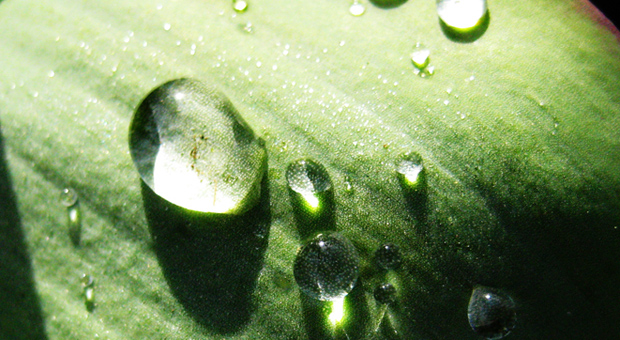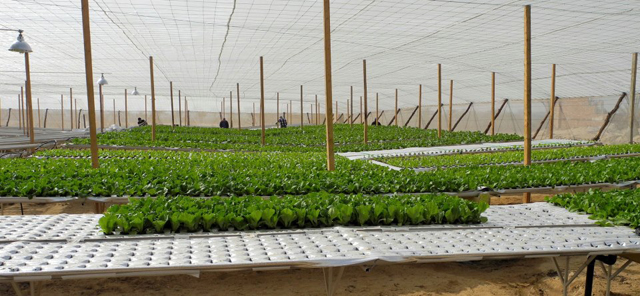
Where does change come from?
Social change, a significant alteration of norms and behaviours in society, comes in various forms, the contours of which are ultimately the result of its causes. Social change cannot be reduced to a single dimension.
Rather, social change is a complex process, the drivers and the impact of which are similarly complex. Nonetheless, there is a simple but necessary element in social change: people.
Social change for sustainable development entails a change in norms and behaviours concerning renewable energies and the (responsible) use of resources.
However, this is not enough. Without innovative ways of conceiving renewable energies and the use of resources social change remains just an ambition. In turning an ambition to reality, people matters: people's power rests ultimately in their capacity to think about new methods, ideas, and solution to our societal challenges.
The following stories represent two practical and contemporary examples.
Have you ever thought about gardening on your rooftop? Personally, I haven't.
But Sherif Hosny and his brother Tarek have done even more. On a rooftop in Cairo they have set up their their micro-agriculture initiative: Shaduf.
Shaduf is meant not only to produce healthier food but also to create a source of income to poor families living in the neighborhoods.
“Soil-less agriculture systems use water that is recycled through a closed irrigation system and thus cut water and pesticide usage to near zero, lowering growing costs and creating healthier food.”
(Schaduf Micro Rooftop Farms | video by Schaduf)
Hydroponics has been around since pharaonic times.
Amr Bassiouny, the founder of Egyptian Hydrofarms developed hydroponic solutions to grow vegetables and herbs. The techniques used by Egyptian Hydrofarms are, according to them, suitable for large scale production in the broader Middle East.
The idea, at its most basic, has been around since pharaonic times but Bassiouny says so far no one has been able to implement it efficiently.
Egyptian Hydrofarms says the word “hydroponics” literally means “working water”. They call it the “art” of farming without the use of irrigation and therefore without the use of pesticides.
The plant roots are allowed to grow in a nutrient-rich solution which Bassiouny says decreases water consumption by as much as 80-90% compared to traditional farming.

(Photo by chooyutshing | CCL Attribution-NonCommercial-ShareAlike 2.0)
These two examples show that there is a revolutionary movement made up of individuals willing to provide concrete solutions to our challenges.
These solutions can, from the local level reach the global level by inspiring and guiding thousands of people in following the road towards sustainability.
(Title photo by Fellowship of the Rich | CCL Attribution-NonCommercial-NoDerivs 2.0)







